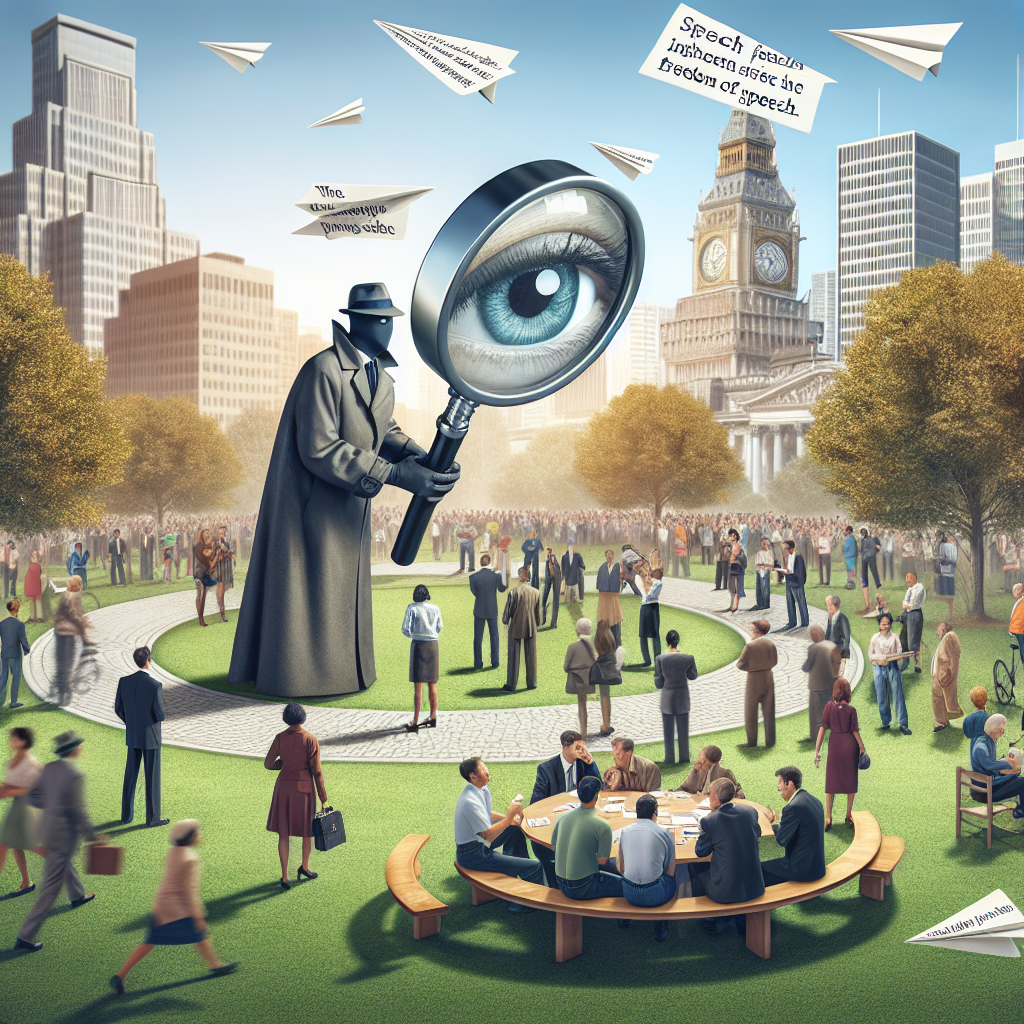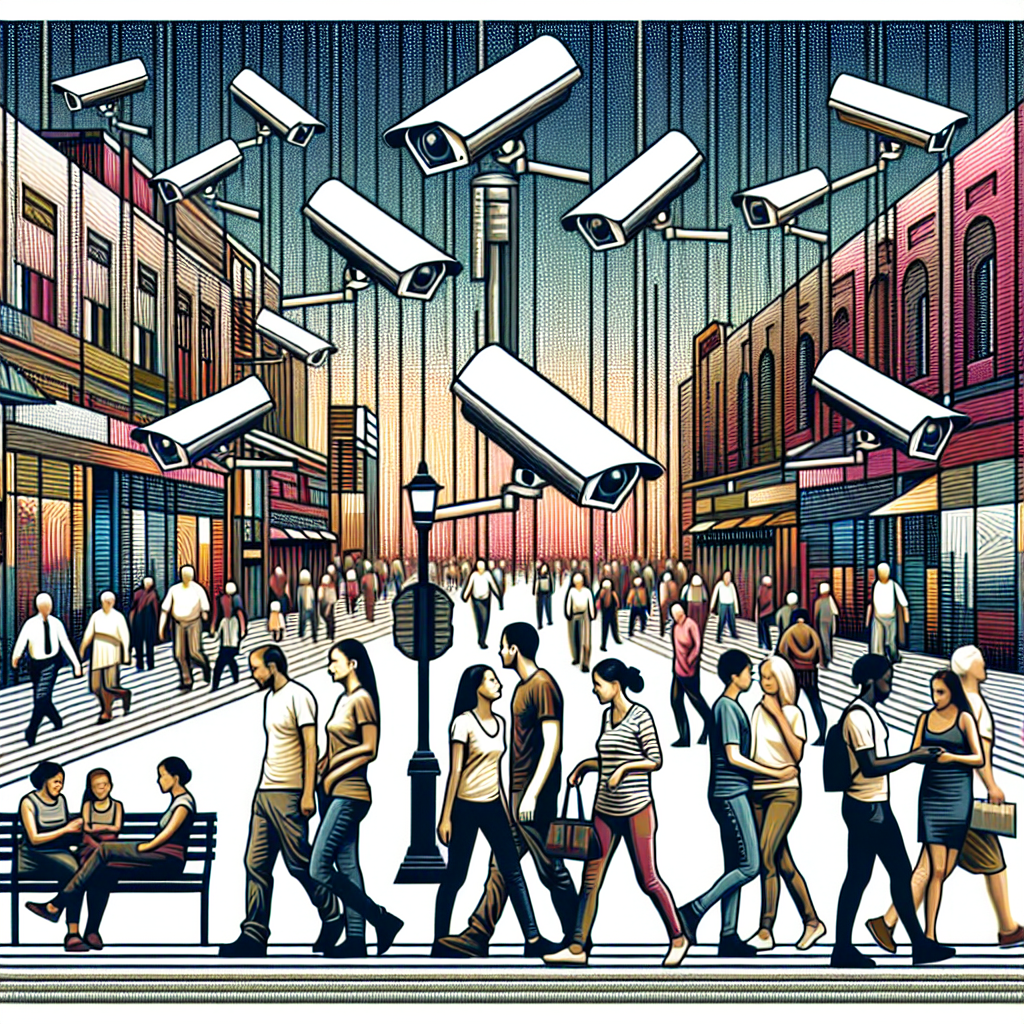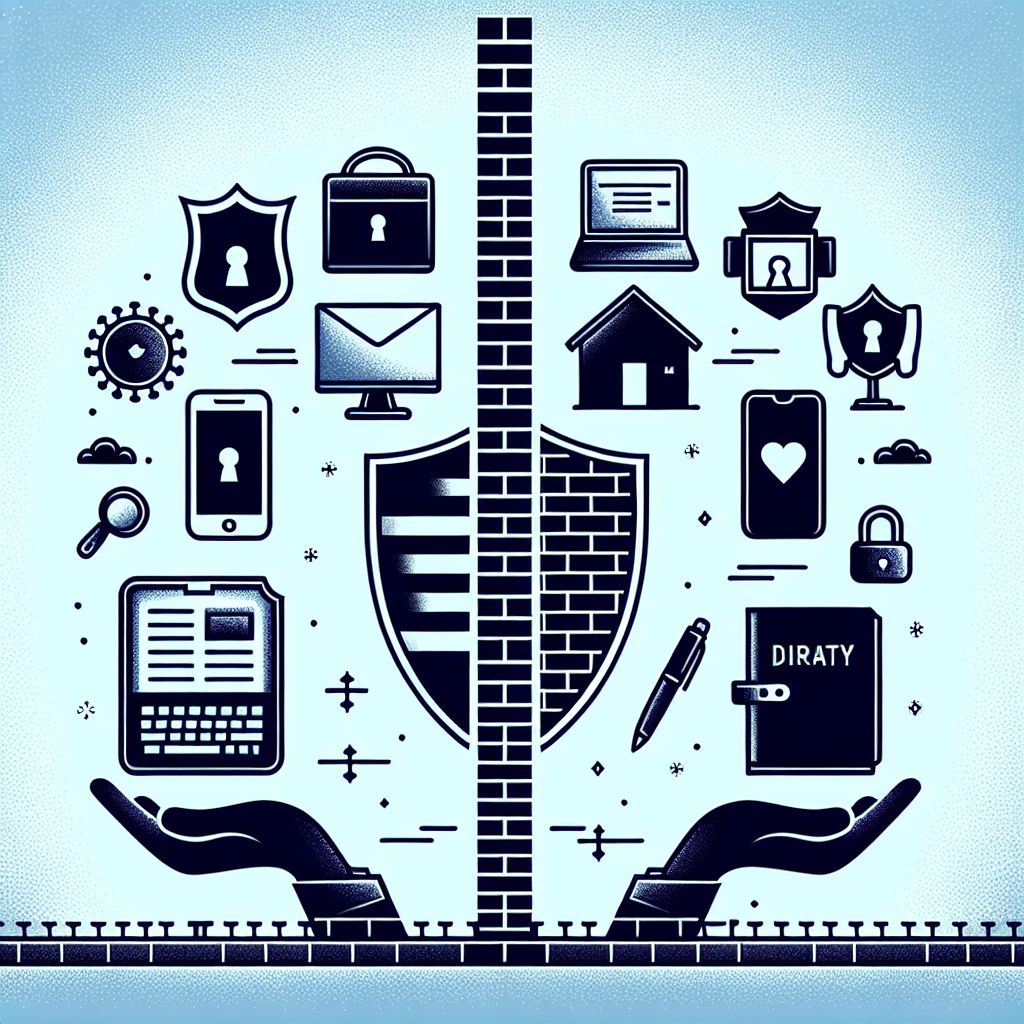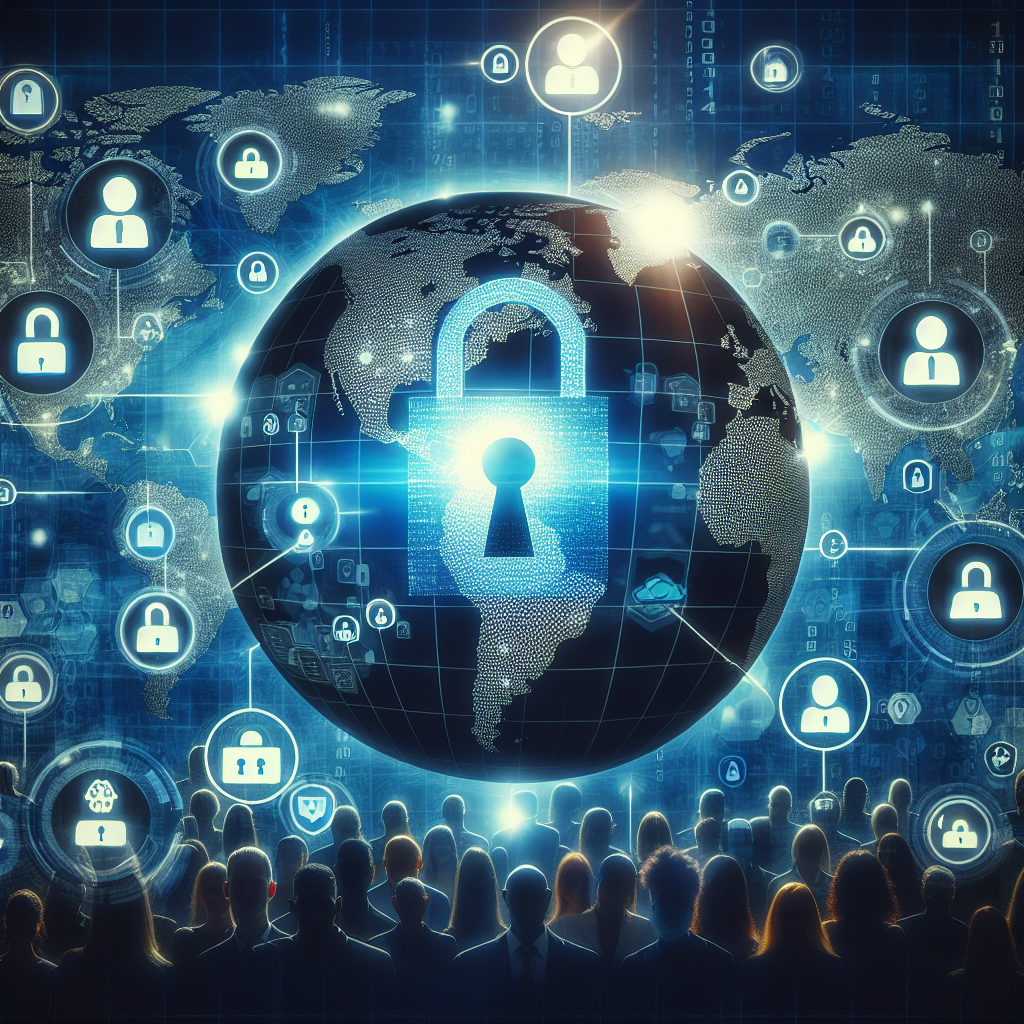Government Surveillance and Its Impact on Freedom of Speech
Definition of Government Surveillance
Government surveillance refers to the monitoring of individuals, groups, or organizations by state authorities to collect information for national security, law enforcement, and regulatory purposes. This can take many forms, including electronic eavesdropping, data collection from telecommunications, internet monitoring, and physical observation. The scope and scale of surveillance have dramatically increased with advancements in technology, leading to essential discussions about privacy rights and its implications for free speech.
Historical Context of Surveillance Practices
Throughout history, government surveillance has played a significant role in enforcing regulations and maintaining order. From the Roman Empire’s monitoring of its citizens to the more modern practices of the Cold War era, where dissent was often harshly suppressed, the trajectory of surveillance has been deeply intertwined with state power. The introduction of digital technologies has only intensified these practices, enabling mass data collection that was previously unimaginable.
Legal Framework Governing Surveillance
Various laws and regulations define the extent and limits of government surveillance. In the United States, the USA PATRIOT Act significantly expanded governmental reach in monitoring individuals suspected of terrorism-related activities. Internationally, agreements such as the Five Eyes alliance enable sharing of intelligence among member states, amplifying the surveillance capabilities across borders. However, the legal interpretations of such laws often come under scrutiny regarding their effects on civil liberties, particularly freedom of speech.
The Right to Freedom of Speech
Freedom of speech is a fundamental human right recognized in numerous international treaties, including the Universal Declaration of Human Rights. It encompasses the right to express one’s ideas, opinions, and beliefs without fear of government retaliation. The chilling effect of surveillance, however, poses a significant threat to this right, often leading individuals to self-censor due to fear of repercussions.
Chilling Effect and Self-Censorship
The “chilling effect” refers to the discouragement of lawful speech through government enforcement of surveillance. Individuals becoming cognizant of the monitoring may lead to self-censorship, whereby they avoid discussing sensitive topics—like politics, social issues, or dissenting opinions. Studies have indicated that people are less likely to engage in open discourse when they believe their communications are being monitored, stifacing healthy debate and diminishing the overall public discourse necessary for a thriving democracy.
The Role of Social Media and Technology
With the rise of social media platforms, government surveillance has taken on new dimensions. Online activities are more transparent, leaving digital footprints that governments can track. Advanced algorithms can analyze user behavior and communications, raising concerns regarding the extent of monitoring. The desire for privacy collides with the accessibility of personal information on the internet, leading individuals to either diminish their online presence or modify their expressions to avoid attention from surveillance agencies.
Case Studies
Several notable incidents highlight the intersection between surveillance and freedom of speech. One such case is the 2013 Edward Snowden revelations, which unveiled the scope of the National Security Agency’s (NSA) surveillance practices, including mass data collection of phone calls and internet exchanges. These disclosures sparked global discussions about privacy, security, and civil liberties, leading to protests and calls for reform.
Another example involves activists in authoritarian regimes, where surveillance is widely used to stifle dissent. In countries like China, the government’s extensive monitoring leads citizens to refrain from expressing views that could be seen as oppositional or sensitive, fundamentally shaping public opinion and discourse.
Impacts on Activism and Political Dissent
The implications of government surveillance extend extensively into political activism and dissent. Movements aimed at social justice or reform often rely on open communication and organization among participants. The knowledge that they are being surveilled can fundamentally alter how activists plan and execute actions, potentially leading to fragmented efforts or decreased participation.
This phenomenon was evident during protests against police brutality globally, where activists faced significant scrutiny online and offline. Surveillance can act as a repressive measure, discouraging individuals from joining or supporting movements due to fear of retaliation or punishment.
Balancing Security and Civil Liberties
Governments argue that surveillance is essential for national security and protecting citizens from threats. However, this justification often comes at the expense of civil liberties. The challenge lies in balancing the need for security with the obligation to protect free speech and privacy. Legislative measures that provide oversight and limit surveillance practices can help to create a framework that ensures both safety and liberty.
Innovations in technology, such as encryption tools and secure communication apps, can empower users to safeguard their privacy and resist the influence of surveillance. However, as governments become more adept at circumventing these technologies, ongoing vigilance and advocacy for reform are vital to uphold democratic principles.
Role of Civil Society Organizations
Civil society plays a crucial role in advocating for transparency, accountability, and the protection of civil liberties in the face of increasing surveillance. Organizations like the Electronic Frontier Foundation (EFF) and the American Civil Liberties Union (ACLU) work tirelessly to defend individuals’ rights, raising awareness about the implications of surveillance on speech and promoting legal reforms. Engaging the public on these issues is essential to reinforce the collective commitment to uphold free expression in an era of pervasive monitoring.
International Perspectives
The global landscape regarding surveillance and free speech varies significantly. Countries with strong democratic frameworks typically have more robust protections for free speech, while authoritarian regimes exploit surveillance to silence dissent. In countries like Russia and Iran, government monitoring of online and offline activities creates an environment of fear, effectively quelling independent journalism and critical discourse.
Conversely, European nations enforce strict privacy laws, such as the General Data Protection Regulation (GDPR), that aim to protect citizens’ data rights against intrusive surveillance practices. International human rights frameworks stress the need for nations to respect and protect the rights to free expression, informing how governments should navigate the complexities of surveillance.
Conclusion
In contemporary society, the tension between government surveillance and freedom of speech is palpable and remains a critical topic for dialogue and action. The delicate balance between ensuring security while protecting civil liberties poses challenges that necessitate thorough and ongoing examination. Understanding the dynamics of surveillance’s impact on freedom of speech is paramount for safeguarding democratic values and ensuring that every voice can be heard without fear of repercussion.













Leave a Reply